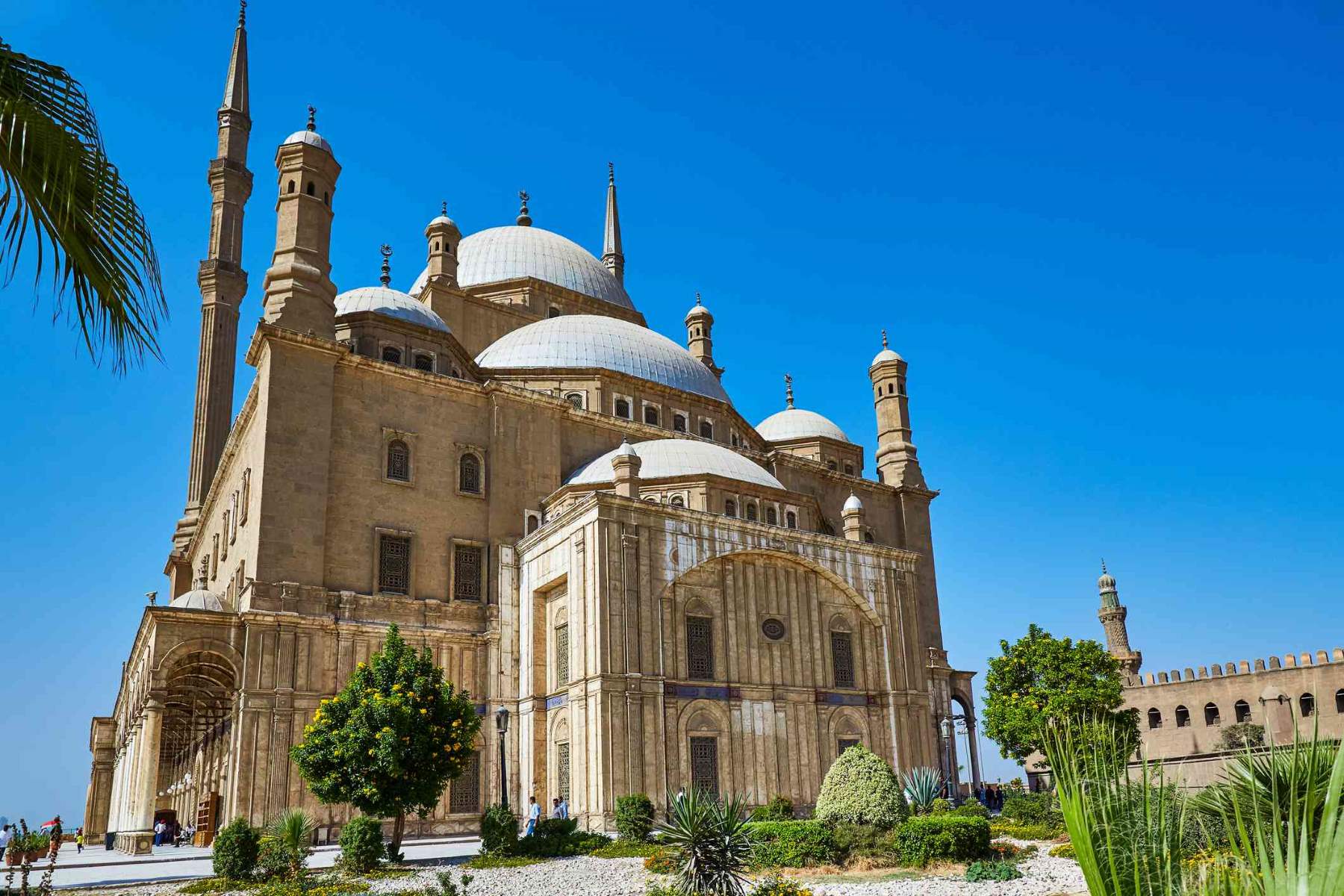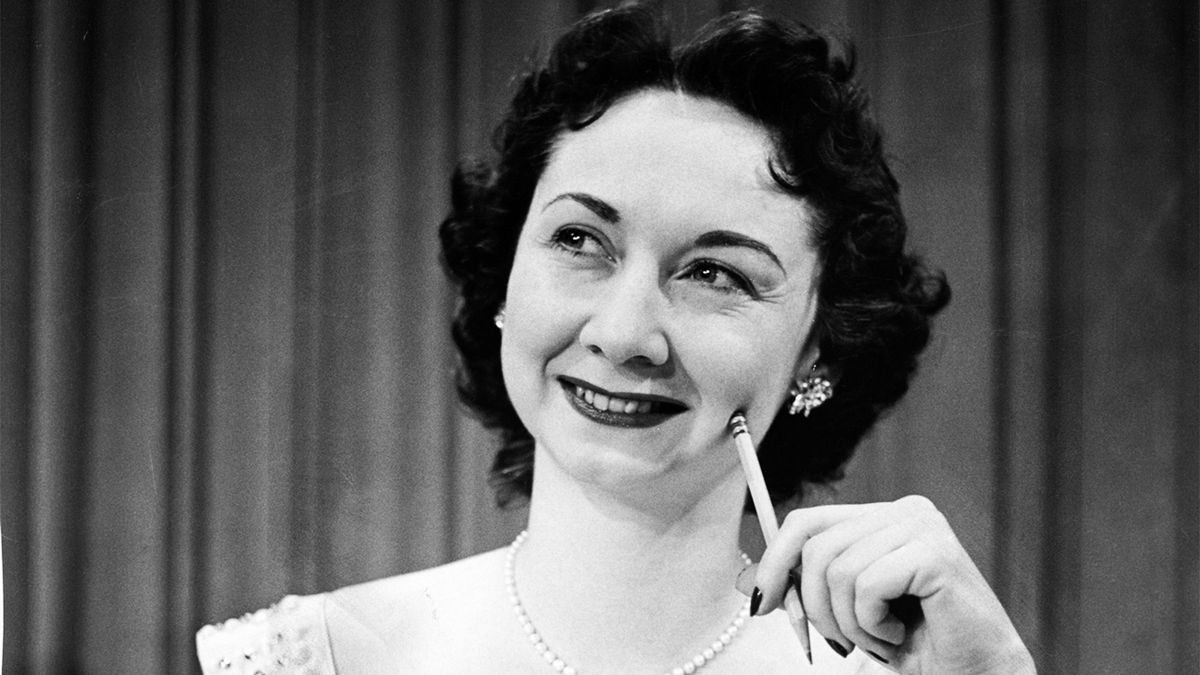
The Muhammad Ali Mosque, also known as the Hajj Muhammad Ali mosque, is an architectural marvel and a significant landmark located in Cairo, Egypt. Named after the renowned boxer Muhammad Ali, the mosque is not only an important religious site but also holds historical and cultural significance.
Construction of the mosque began in 1828 and took over 20 years to complete. It was built in memory of Tusun Pasha, the eldest son of Muhammad Ali, who died at a young age.
The Muhammad Ali Mosque stands prominently in the Citadel of Cairo, offering breathtaking panoramic views of the vibrant city below. With its stunning Ottoman-inspired architecture, intricate details, and imposing presence, the mosque has become a popular attraction for locals and tourists alike.
In this article, we will explore 11 intriguing facts about the Muhammad Ali Mosque, shedding light on its history, architectural features, and its significance to the local community and the Islamic culture as a whole.
Key Takeaways:
- Muhammad Ali Mosque is a global landmark with a rich history, symbolizing unity and inclusivity. It honors the boxing legend’s spirit and offers a peaceful sanctuary for all.
- The mosque serves as an educational center and community hub, inspiring future generations to make a positive impact. Its stunning architecture reflects the union of spiritual and physical strength.
Rich History and Legacy
The Muhammad Ali Mosque, also known as the Al-Rahman Mosque, boasts a rich history and stands as a testament to the life and beliefs of the legendary boxer, Muhammad Ali. This iconic landmark holds a deep significance for both Muslims and boxing enthusiasts worldwide.
Symbolic Architecture
The mosque’s architecture is a stunning blend of traditional Islamic design and modern elements. Its unique dome and minaret design symbolize the union of spiritual and physical strength, reflecting the ideals of the legendary fighter.
Named After a Cultural Icon
The mosque was named after Muhammad Ali, the world-famous boxer who converted to Islam and became an influential figure in promoting peace, justice, and equality. His activism and dedication to his faith left an indelible mark on the world.
Global Landmark
The Muhammad Ali Mosque has become a global landmark, attracting visitors from all over the world who come to pay tribute to the boxing legend and experience the spiritual ambiance of this sacred place.
Open to All
The mosque warmly welcomes people from all backgrounds and faiths. It serves as a symbol of inclusivity, promoting interfaith dialogue and understanding among diverse communities.
Significant Community Role
Beyond being a place of worship, the mosque plays a vital role in the community, providing various services such as educational programs, humanitarian initiatives, and support for underprivileged individuals.
Educational Center
The Muhammad Ali Mosque serves as an educational center, offering classes on Islam, Arabic language, and Quranic studies. It aims to foster learning and provide a space for knowledge exchange.
Spiritual Retreat
For Muslims, the mosque offers a peaceful sanctuary for prayer, meditation, and reflection. The serene atmosphere and beautiful surroundings contribute to a deep sense of spiritual connection.
Architectural Marvel
The mosque’s stunning architecture is a sight to behold. From intricate arabesque patterns to elegant calligraphy, every detail has been meticulously crafted to create a visually stunning masterpiece.
Commemorating an Icon’s Spirit
The Muhammad Ali Mosque is not only a tribute to the boxing legend but also a celebration of his spirit. It serves as a reminder of his unwavering determination, resilience, and commitment to his faith.
Inspiring Future Generations
The mosque’s legacy continues to inspire and guide future generations, reminding them of the importance of using their influence and talent to make a positive impact on the world, just as Muhammad Ali did.
In conclusion, the 11 Intriguing Facts About Muhammad Ali Mosque shed light on the significance of this landmark. It stands as a symbol of unity, faith, and the enduring legacy of a cultural icon. Whether you are a boxing aficionado or a spiritual seeker, a visit to this mosque is sure to leave a lasting impression.
Conclusion
In conclusion, the Muhammad Ali Mosque holds a significant place in both religious and historical contexts. Its stunning architecture and unique features make it a must-visit landmark for individuals interested in exploring Islamic culture and heritage. The mosque’s historical connection with Muhammad Ali, the legendary boxer and humanitarian, adds an extra layer of intrigue and importance to this remarkable site. Whether you are a devoted follower of Islam, a fan of Muhammad Ali, or simply a curious traveler, visiting the Muhammad Ali Mosque will provide a profound and rewarding experience.
FAQs
Q: Where is the Muhammad Ali Mosque located?
A: The Muhammad Ali Mosque is located in Cairo, Egypt.
Q: Can visitors enter the mosque?
A: Yes, visitors are allowed to enter the mosque, but it is advisable to dress modestly and respect the religious practices and traditions observed at the mosque.
Q: Is there an entrance fee?
A: No, there is no entrance fee to visit the Muhammad Ali Mosque.
Q: Are there any restrictions for photography inside the mosque?
A: Yes, photography inside the mosque is generally not allowed. However, visitors can take pictures of the mosque’s exterior and the panoramic view of Cairo from its premises.
Q: Are there any guided tours available?
A: Yes, guided tours are available for visitors who want to learn more about the history and significance of the Muhammad Ali Mosque. These tours are often conducted by knowledgeable local guides.
Q: Is there parking available near the mosque?
A: Yes, there is parking available near the mosque for visitors who choose to travel by car.
Q: What are the mosque’s opening hours?
A: The Muhammad Ali Mosque is open daily from early morning until sunset. However, it may have limited access during prayer times.
Q: Can non-Muslims visit the mosque during prayer times?
A: Non-Muslims are generally not allowed to enter the mosque during prayer times. It is recommended to plan your visit accordingly and avoid prayer times if you are a non-Muslim visitor.
Q: Are there any nearby attractions to visit alongside the mosque?
A: Yes, the Muhammad Ali Mosque is located within the Citadel of Saladin complex, which houses several other historical sites and museums, such as the Military Museum and the Mosque of Suleiman Pasha. Visitors can explore these attractions in conjunction with their visit to the mosque.
Q: Is the mosque accessible for individuals with disabilities?
A: Access to the mosque for individuals with disabilities may be limited due to its historical architecture. However, efforts have been made to provide improved accessibility, such as ramps and other accommodations.
Q: Can visitors participate in any religious ceremonies or events at the mosque?
A: Visitors to the mosque cannot participate in the mosque’s religious ceremonies as it is primarily a place of worship for Muslims. However, they can observe the religious practices and traditions from a respectful distance.
Immerse yourself in the captivating world of Islamic architecture and Egyptian history. Uncover the mesmerizing intricacies of Kul Sharif Mosque's Islamic architecture, where every intricate detail tells a story. Journey back in time to explore the awe-inspiring reign of Ramesses II in ancient Egyptian history, one of Egypt's most powerful pharaohs. From the grandeur of sacred spaces to the legacy of legendary rulers, embark on a journey of discovery that will leave you marveling at the wonders of human achievement.
Was this page helpful?
Our commitment to delivering trustworthy and engaging content is at the heart of what we do. Each fact on our site is contributed by real users like you, bringing a wealth of diverse insights and information. To ensure the highest standards of accuracy and reliability, our dedicated editors meticulously review each submission. This process guarantees that the facts we share are not only fascinating but also credible. Trust in our commitment to quality and authenticity as you explore and learn with us.


